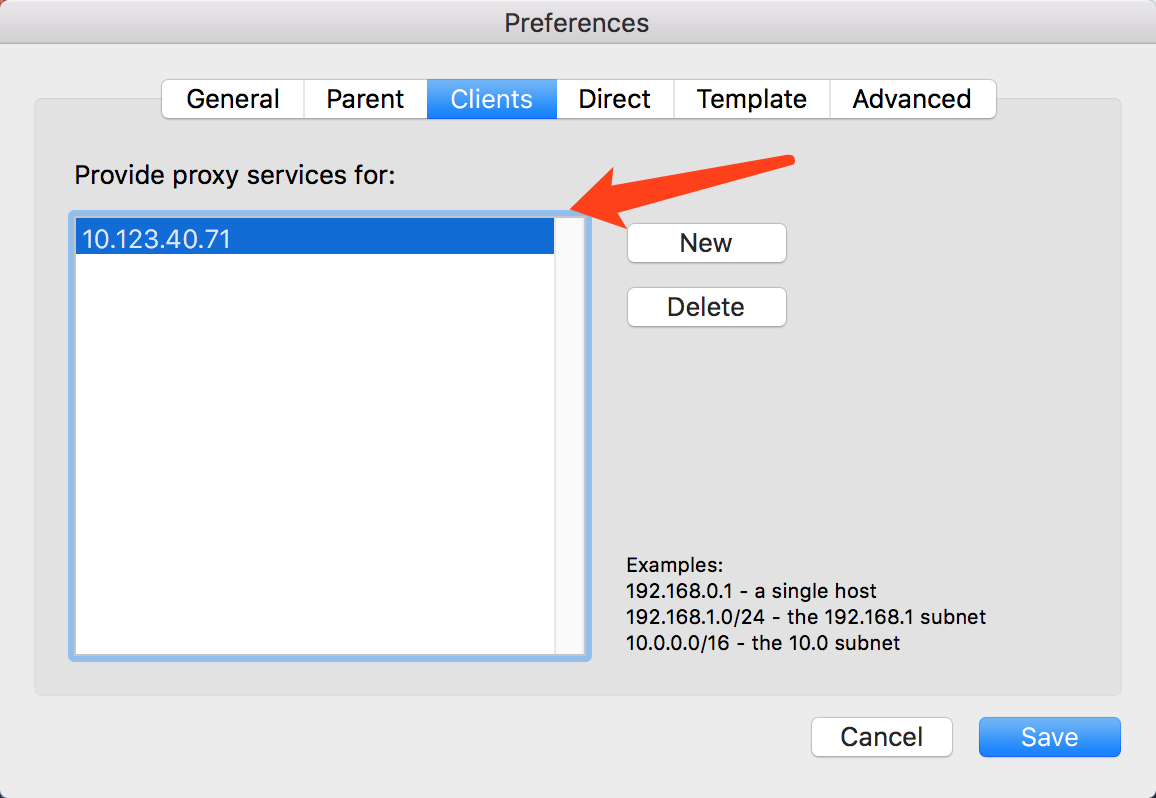

I've tried the workaround described by this user: The hostname will be translated to an IP address by Squid and then Squid will listen on port 8080 on that particular IP address. 2 OpenVPN Clients -> Wireguard Client -> The Internet.GitCommit: ff819c7e9184c13b7c2607fe6c30ae19403a7affĪfter struggling a couple of days getting it to work with my VPNs, double hop VPNs like if life wasn't hard enough (either of these setups): I already tried 'docker network prune' and also reset to factory defaults in docker - no use.My docker is not set up with kubernetes.There doesn't seem to be conflicts between VPN Ip's and docker Ip's but I can give more specific details if that's useful.Verify a public url (like ) is accessible from docker container.Ī few things that are attempted / observed Run a docker container and do the same, request times out.

Connect to VPN, do a curl for the url of interest from host machine and verify that it succeeds.IP Locator will help you to find out not only 'what is my IP address' but you will be also able to find IP of your own router with Check My IP tool that lookup what is. After, enter the address of the desired website, and if errors occur, try again on another. Try to minimize the slowing down of the proxy and the loss of its speed. Block this IP address on your router to make your PSN downloads go. Find the proxy list and select the desired proxy site. Block that server when you re downloading content. To use a proxy server, follow these steps.
#Find ip address squidman free#
Our very powerful and free IP tracker will give you ability to find, search, trace and track all IP addresses in the world. A proxy server is a universal assistant for network security and IP address masking.

I have tried disabling enabled experimental featuresĪble to access resources behind VPN (that are accessible from my host machine) Actual behavior.I have tried with the latest version of Docker Desktop.


 0 kommentar(er)
0 kommentar(er)
